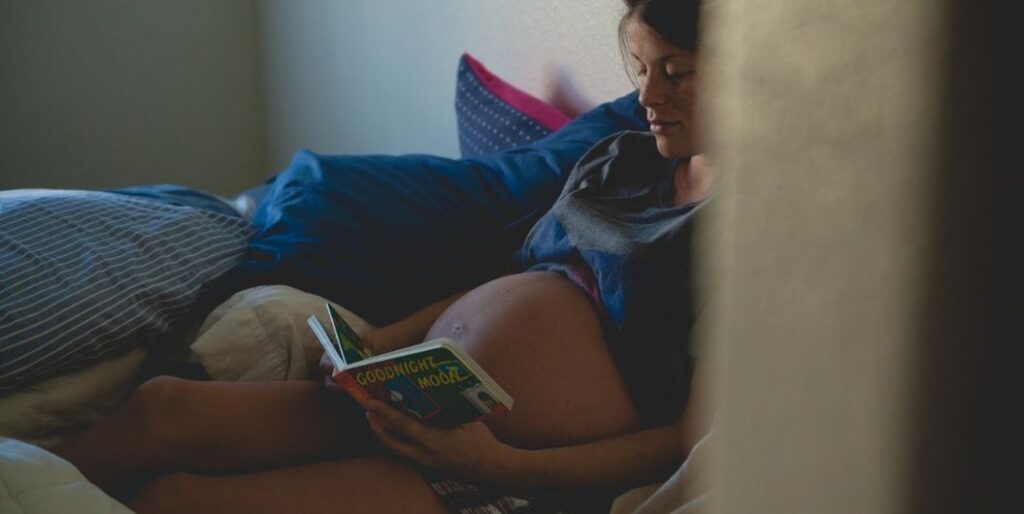Pregnancy in Your 30s

If you’re experiencing pregnancy for the first time in your 30s, you’re not alone — an increasing number of women are waiting to start having children until well into their 30s. In fact, in 1999, 23% of babies who were firstborns were born to women who were in their 30s. In the past four decades, the rate of births to women from their mid 30s to 50 increased three-fold. Many women wait because they’ve put off marriage, focused on their careers, pursued their education, or just wanted to have a little free time before starting a family. The good news is that generally, your odds of having a healthy pregnancy and child are still good in your 30s — particularly if you are healthy yourself.
The Pros of Pregnancy in Your 30s
When compared to your 20s, your 30s are most likely a period of life where you are more stable in your relationships, financially and career wise. You may have had time to finish an educational degree, build a secure career and had some time to build relationships. Most women who start having children in their 30s feel that they are more confident in their ability to raise a child, and are better equipped to rise to the challenge of motherhood. You may already have some money socked away for a rainy day and retirement, and may also own your home — accomplishments that are often more difficult in your 20s.

The Cons of Pregnancy in Your 30s
While you may have noticed a decrease in your physical fitness from your 20s, your 30s are still a vibrant time for you physically. In terms of pregnancy, there aren’t too many significant differences between your body in your 20s and 30s. Most doctors will agree that your 20s are the optimum time to have a baby, purely from a physical and fertility standpoint. Pregnancy in your 30s may be slightly more difficult to achieve, as conception may take a little longer. At this age, you may begin to ovulate less often or irregularly, which lowers the chance of conception.
In reality, your overall fertility does begin a steady decline after age 30. Over 30% of women over 35 struggle with fertility issues. You do have an increased risk of chromosomal defects, such as Down syndrome — at 35, your risk of your child having Down syndrome is approximately one in 378. Pregnancy in your 30s also carries a higher risk of miscarriage than in your 20s. You also have an increased risk of having multiples, especially if you used fertility treatments to get pregnant.
Because of the slightly higher risk of having a child with a chromosomal defect, your doctor will offer a few additional tests, such as the amniocentesis and the triple screen. These are diagnostic tools that help determine if your child will be born with a chromosomal defect.
Although all pregnancies carry a certain risk of complications, pregnancy in your 30s has a slightly increased risk of preeclampsia, premature labor, lower birth rate, placental previa and diabetes. If you plan to get pregnant in your 30s, be sure to get a checkup by your gynecologist, and prepare your body with regular exercise and a healthy diet.
